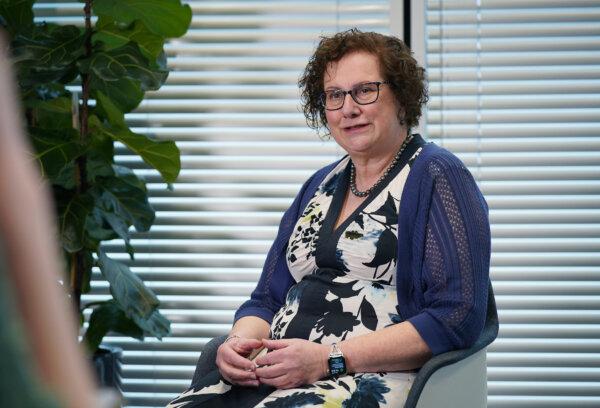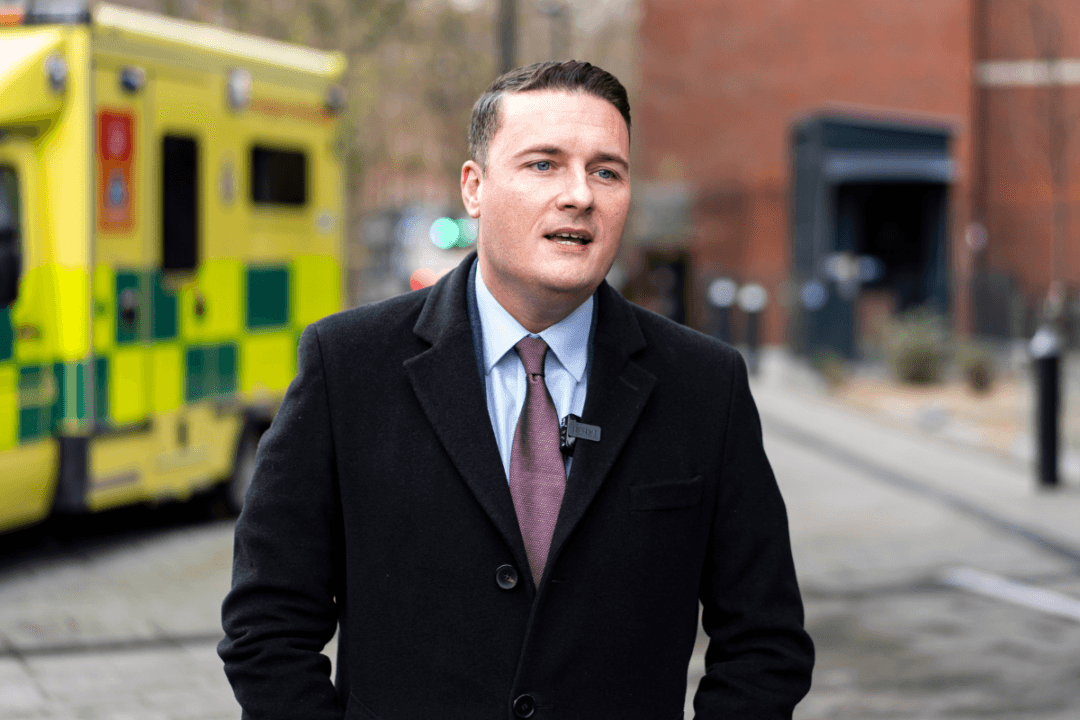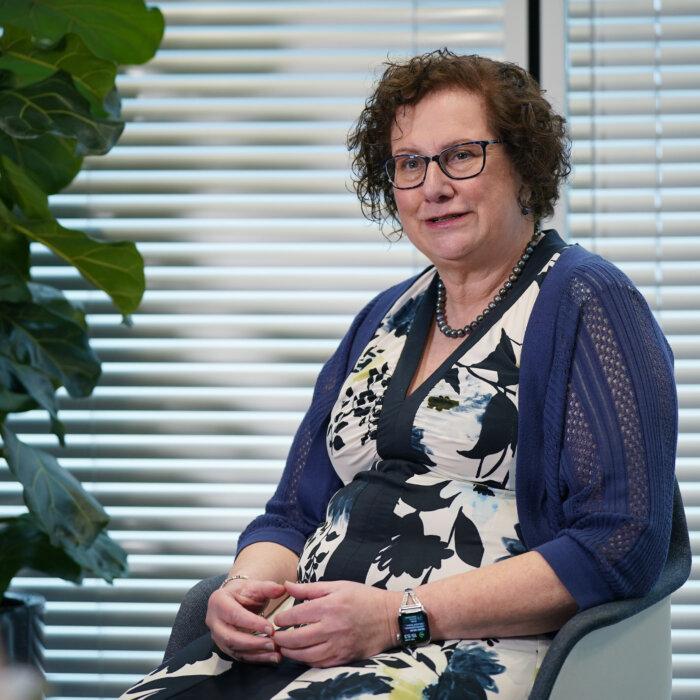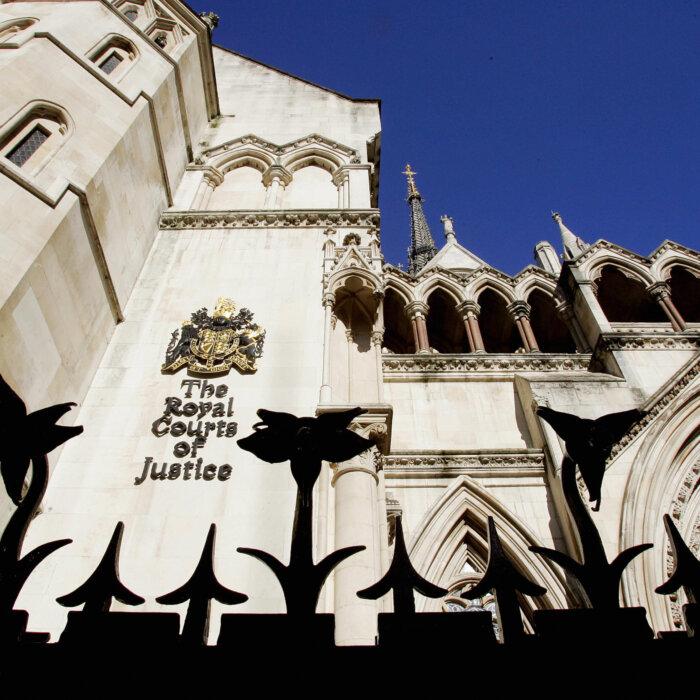A ban on the sale and supply of puberty blockers to gender-confused children will be made indefinite, the government has confirmed.
The Department of Health and Social Care (DHSC) cited advice published by the Commission on Human Medicines (CHM) that there is “currently an unacceptable safety risk in the continued prescription of puberty blockers to children” when it announced its decision on Wednesday.
James Palmer, NHS medical director for Specialised Services, welcomed the government’s decision to further ban access through private prescribers, saying it “closes a loophole that posed a risk to the safety of children and young people.”
Unacceptable Safety Risk
Health Secretary Wes Streeting said that the independent experts from the CHM “found that the current prescribing and care pathway for gender dysphoria and incongruence presents an unacceptable safety risk for children and young people.”The minister continued: “Dr Cass’ review also raised safety concerns around the lack of evidence for these medical treatments. We need to act with caution and care when it comes to this vulnerable group of young people, and follow the expert advice.”
“Children’s healthcare must always be evidence-led,” he said.
Streeting added that the government was working with NHS England to open new gender identity services, “so people can access holistic health and wellbeing support they need.”
The minister also announced that his department was setting up a clinical trial into the use of puberty blockers in 2025, “to establish a clear evidence base for the use of this medicine.”
Tavistock Clinic
The new clinics were opened following the closure of the disgraced Gender Identity Development Service (GIDS), which had been run out of the London Tavistock and Portman NHS Foundation Trust.Cass said she supported the government’s decision to continue restrictions, calling puberty blockers “powerful drugs with unproven benefits and significant risks.”

However, the group added its concern relating to the proposed clinical tests, saying the minister should “listen to the concerns of campaigners who say that no NHS trial of puberty blockers can possibly reach the required ethical standard.”
The ban will take affect across the whole of the UK, with the government saying the decision was made in concert with the devolved governments of Scotland, Wales, and Northern Ireland. The decision will be reviewed in 2027.
It will continue restrictions on the dispensing of puberty-suppressing drugs by private UK-registered prescribers and from those registered in the European Economic Area or Switzerland.
However, those already receiving puberty blockers on the NHS for gender dysphoria will still be able to access them, as well as patients taking them for other uses.







